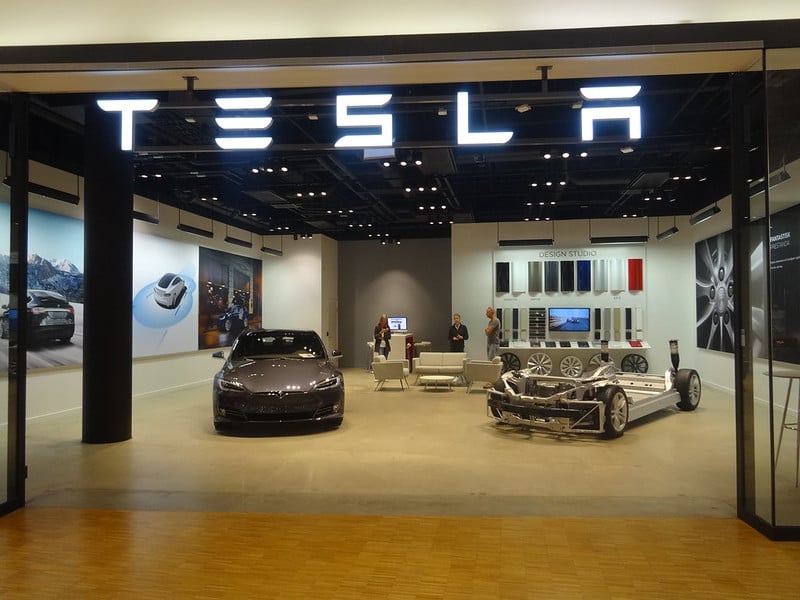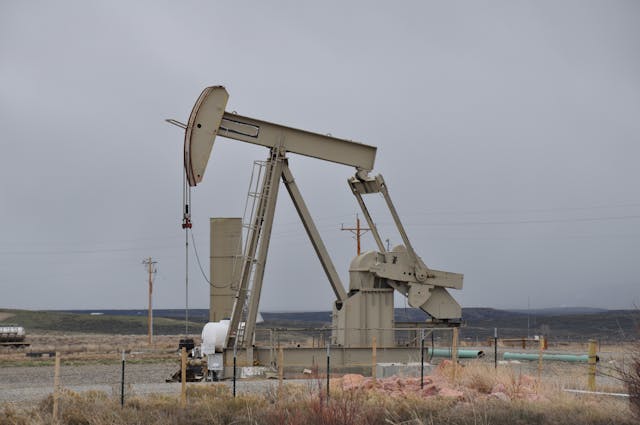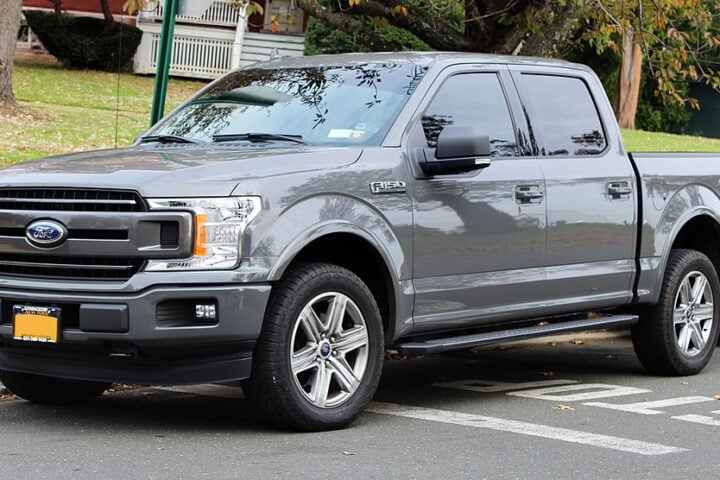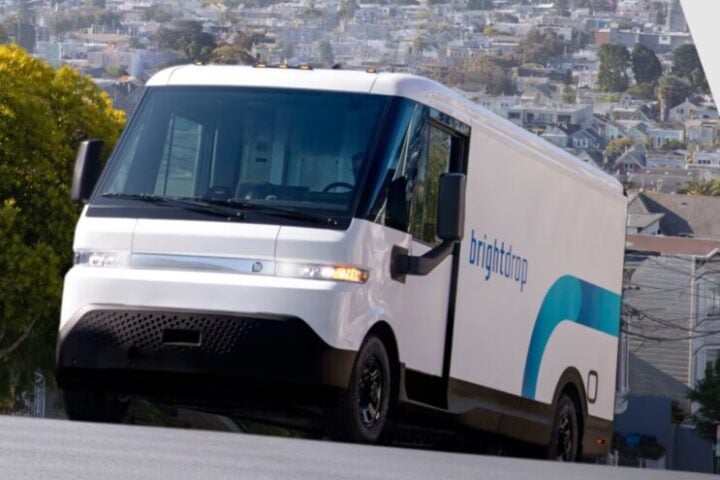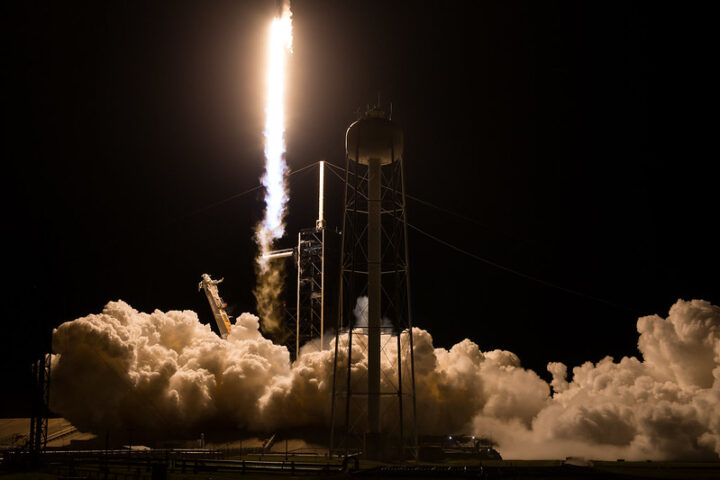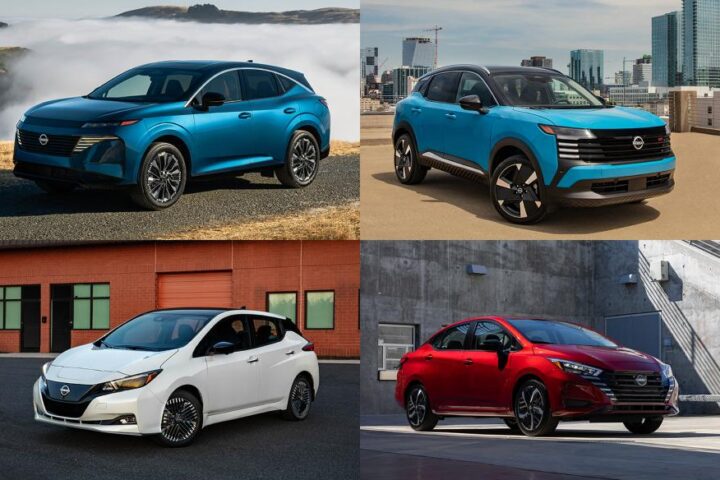Tesla’s market cap has fallen below the $1 trillion mark following a steep decline in its European sales. The electric vehicle manufacturer sold fewer than 10,000 vehicles across Europe in January, representing a 45% drop compared to the same period last year when it sold over 18,000 units, according to the European Automobile Manufacturers’ Association.
This sales decline, coupled with other factors, sent Tesla’s stock price plummeting more than 8% on Tuesday, pushing the company’s market capitalization below $1 trillion for the first time since shortly after Donald Trump’s election victory in November.
Since the start of 2025, Tesla’s stock has fallen 25%, while the broader Nasdaq market has declined only 1.5%. The steep drop in value has reportedly reduced CEO Elon Musk’s net worth by more than $100 billion since mid-December, though he remains the world’s richest person with a fortune valued at approximately $380 billion.
Multiple Factors Behind Tesla’s Decline
Several key issues appear to be driving Tesla’s market troubles:
Elon Musk’s political activities have become a significant concern for both consumers and investors. A survey from EV experts Electrifying showed that approximately 60% of potential car buyers say Musk’s “controversial reputation actively puts them off” considering a Tesla purchase.
“Tesla has been instrumental in driving EV adoption, but Elon Musk’s personal brand appears to be polarizing,” said Ginny Buckley, CEO of Electrifying. “Consumers now have more choice than ever, and it’s clear some are turning away from Tesla to explore other options.”
Dan Ives, a Wedbush Securities analyst, has highlighted that 10-15% of Tesla’s current headwinds are directly attributable to anti-Musk sentiment.
Investors are also concerned about Musk’s focus on political activities rather than company management. Musk is spending considerable time in Washington, D.C., leading President Trump’s Department of Government Efficiency (DOGE).
“Musk is a hands-on operator, and if he’s spending a lot of time in the White House, how much time is he really devoting to running his companies – including the one that’s publicly traded?” noted Art Hogan, chief market strategist at B. Riley Wealth.
Technical Disappointments and Increased Competition
Technical challenges are also affecting Tesla’s market position. A Reuters report indicated that Tesla’s recent upgrade to its partially automated driving systems has left many owners disappointed, particularly in China. The “navigate on city streets” feature has fallen short of Musk’s promises for self-driving technology.
This disappointment comes as Chinese competitors like BYD offer their partially automated driving systems for free or at much lower costs. Xiaomi’s popular SU7 model includes equivalent technology as a standard option at no additional cost.
The increased competition is particularly pronounced in Europe and China, where companies like BYD and SAIC Motor have been making significant inroads with competitive alternatives to Tesla’s vehicles.
Similar Posts
Global Sales Impact
Tesla’s difficulties extend beyond Europe. In California, previously Tesla’s largest domestic market, sales dropped by 11.6% in the fourth quarter of 2024, according to the California New Car Dealers Association.
In Germany, Tesla sales plummeted by 41%, highlighting the broader challenges the company faces in maintaining its global sales momentum.
For its fourth quarter, Tesla reported earnings and sales that missed analysts’ estimates, with automotive revenue dropping 8% from a year earlier and operating income plummeting 23%. The company cited reduced average selling prices across its aging lineup of vehicles as a major reason for the decline.
Jacob Falkencrone of Saxo Bank has emphasized that Tesla’s biggest challenge in 2025 is perception, not technology, suggesting that rebuilding its brand image will be crucial for future success.
